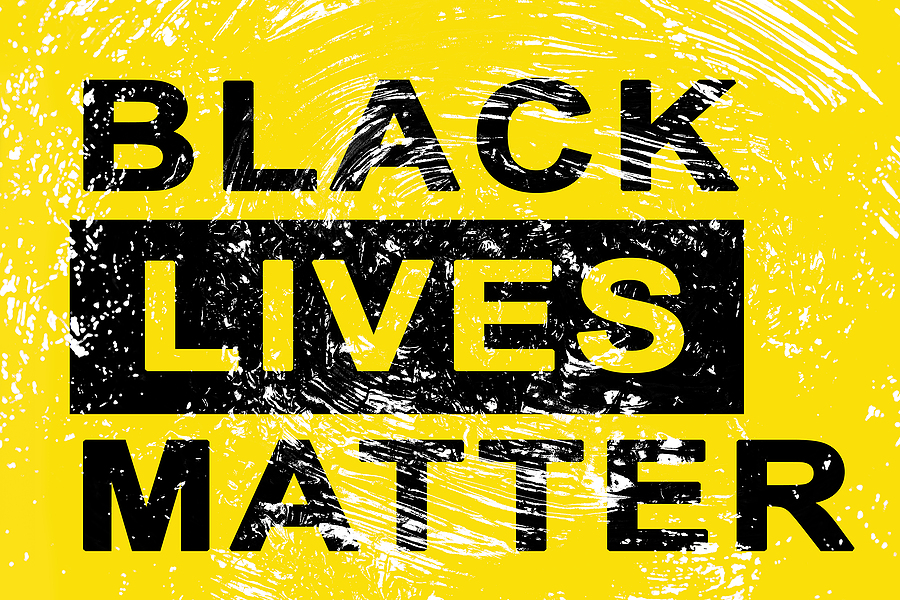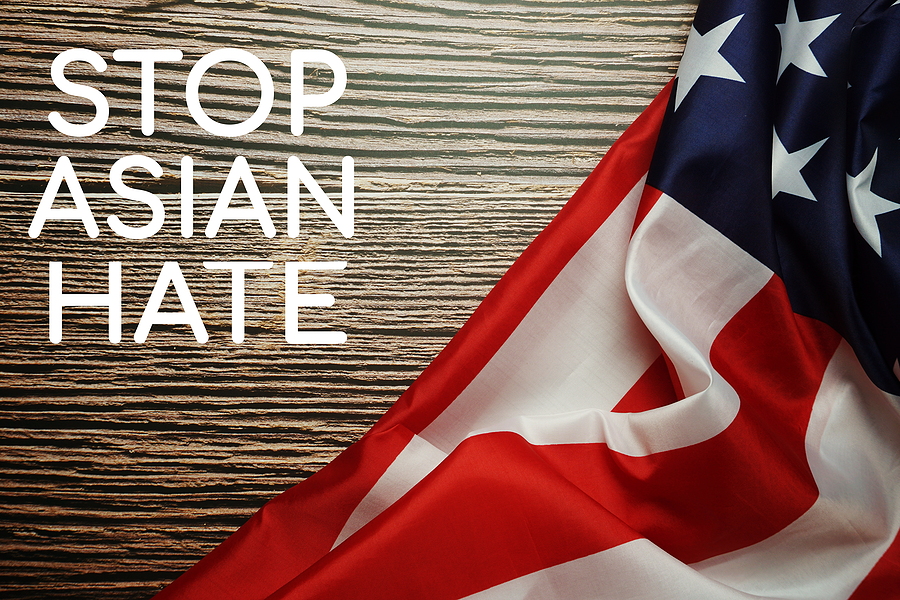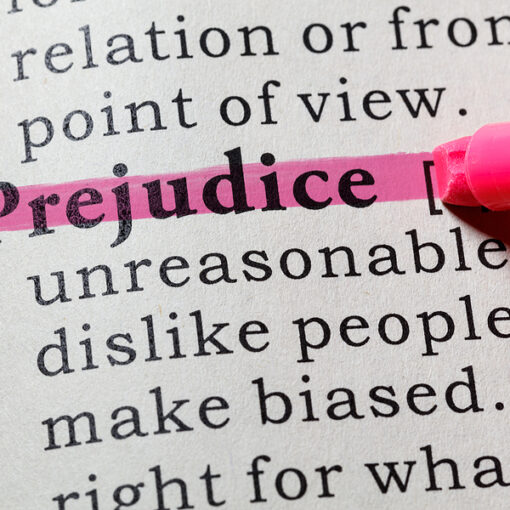In the current climate of racial consciousness in America, we’re learning that every word matters. Words and phrases that we think innocuous and use in everyday life have racial connotations unknown to most of us.
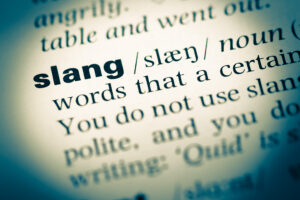
Research has shown that some of the same words and phrases are mentioned over and over again in lists compiled through the years. But at no time do they seem more important than now with growing support of the “Black Lives Matter” movement and the battle being fought over systemic racism. The slang and idioms used without thought have hidden, and often hurtful, meaning to different segments of our population.
For instance:
- Sold down the river: Slave traders traveled the Mississippi River in the 1800s selling slaves to plantation owners, so the slaves were literally “sold down the river.”
- Grandfathered in: The term now means a person or company is exempt from following a new law, but original usage disenfranchised Black voters. The grandfather clause was adopted by Southern states after the Civil War. Anyone who was able to vote before 1867 was exempt from literacy tests, property requirements, and pol taxes. This was an obvious method of preventing Black people from voting as they were not freed until 1865 with the passage of the 13th Amendment, nor given the right to vote until 1870 with the passage of the 15th.
- Uppity: A term used in the Jim Crow era by White people to describe Black people they believed did not know their place or show enough deference.
- Peanut Gallery: The expression was used to refer to people sitting in the cheap seats at vaudeville shows—usually poor—who would throw peanuts at the stage if they didn’t like someone’s performance. At some point, it was used on the Howdy Doody Show in reference to children in the audience and, because of the show’s popularity, became another American idiom: no comments from the peanut gallery.
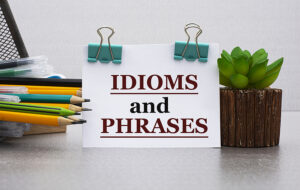
- Eenie meeny miny moe: The phrase, from a children’s rhyme used in counting down to someone who is named “it,” now replaces an ugly racial slur with an innocuous word: “…catch a tiger by the toe…”
- Fuzzy-wuzzy: The term was used by British soldiers in the 1800s when referring to Sudanese natives for the texture of their hair. The racially-charged word made its way into the mainstream via a Rudyard Kipling poem praising their fighting qualities. During a campaign in World War II, Australian soldiers called the local Papuan stretcher-bearers “Fuzzy Wuzzy Angels.” And, no, the term has nothing to do with the children’s nursery rhyme about a bear who was Fuzzy or Wuz he.
- Mumbo Jumbo: An English phrase for a meaningless ritual or nonsense, but originated in the Mandinka language (spoken in West Africa) for “Maamajomboo,” a masked dancer involved in religious ceremonies.
- Cakewalk: The word is now intended to mean “an easy victory,” but it originated as a dance performed by slaves before the Civil War. Owners held contests and encouraged them to compete for a cake. Slaves intended it to be a mockery of the way White people danced, but plantation owners misinterpreted slaves’ movements as unskillful attempts to be like them. Later, the dance and the idiom was made popular in minstrel shows.
Blacks are not the only ones singled out for White disregard by prejudicial language. There are other people who have been the object of racist or sexist or homophobic ire, and we’ll take a look at them next week.


